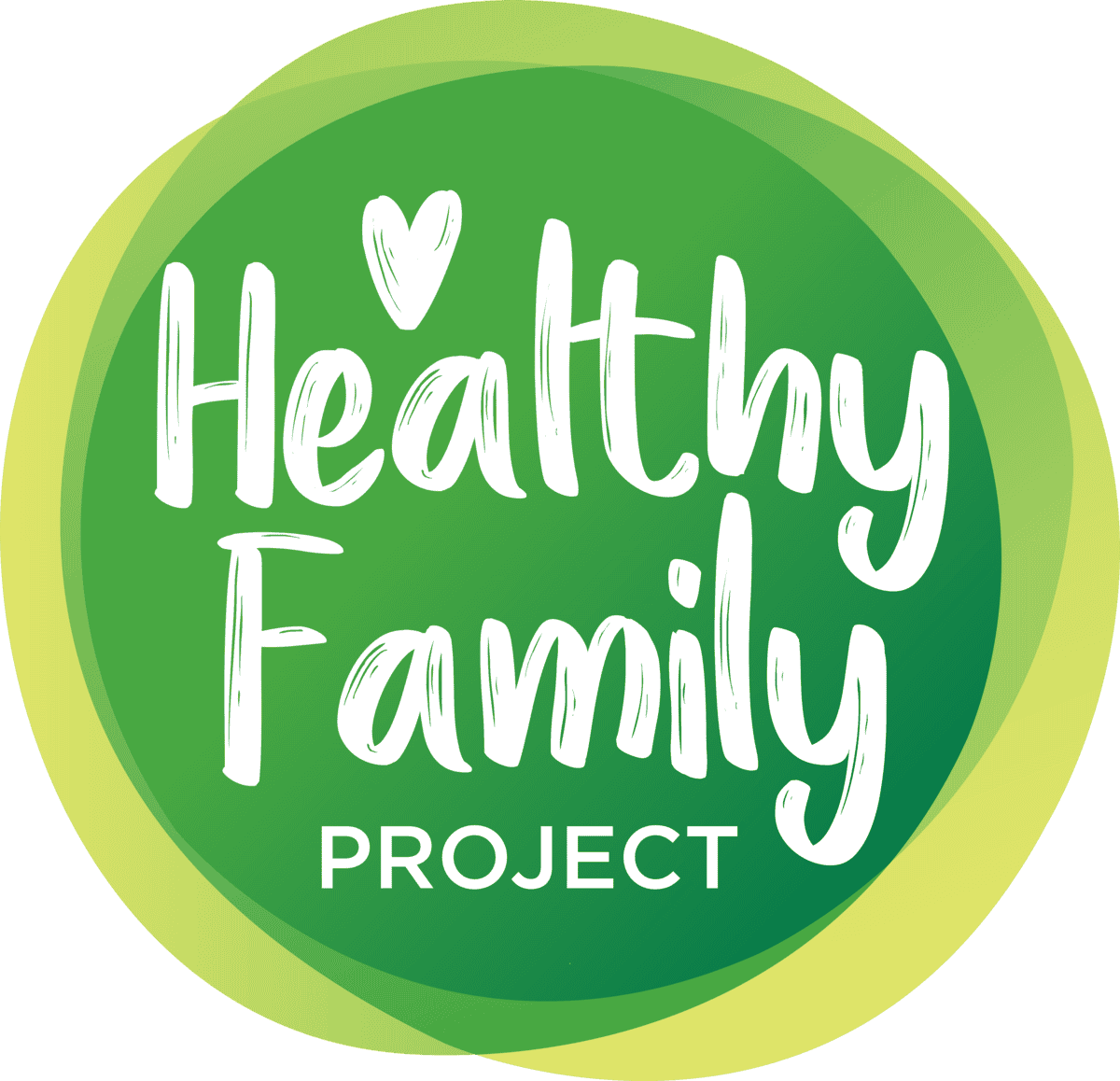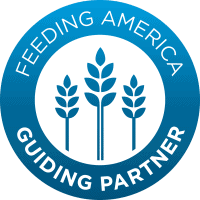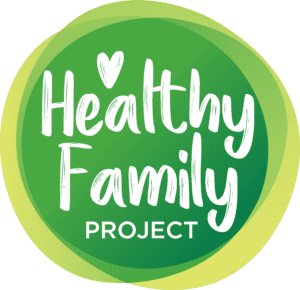What is a Registered Dietitian?
We are very proud to partner with Sally, who is a mom and Registered Dietitian. But, we realized that not everyone may know exactly what a Registered Dietitian is, so we asked Sally to help explain! Read on to discover What is a Registered Dietitian.
When someone asks what I do for a living, I’m always hesitant to tell them. Because I know what they’re going to do next: make a dramatic show of shielding their plate from me and confess to being “bad” for eating something.
So let’s get this out of the way: I’m a registered dietitian. But we’re not the food police–I promise!
There are actually a lot of misconceptions around registered dietitians. So here are a few myths (and truths) to know:
Myth: Dietitians and nutritionists are the same thing
Truth: All registered dietitians are nutritionists–but not all nutritionists are registered dietitians. Rules vary, but in some states, anyone can call themselves a “nutritionist”, no matter their training or experience. But you can only call yourself a registered dietitian or registered dietitian nutritionist (and use the initials RD or RDN after your name) if you received a four-year degree at an accredited program that includes courses like biochemistry and food science, a months-long supervised practice, and a lengthy registration exam. Many dietitians (including me) have graduate degrees. We also complete continuing education every year to maintain our credentials.
Myth: Dietitians mostly work in hospitals
Truth: Some dietitians work in hospitals, doing everything from educating newly diagnosed patients about conditions like heart disease and diabetes to calculating tube feedings. But one of the things I love most about being a dietitian is the variety of different career paths we can take.
Here’s just some of what dietitians do:
Registered Dietitians help people recover from eating disorders, feed residents in nursing homes, teach families in underserved neighborhoods how to cook healthy meals, work with athletes on the college and pro level, run foodservice departments at schools, conduct research at universities, and work for food companies developing new products. Some, like me, work in communications, writing blogs and articles to translate the science of nutrition into accurate messages that are easy to understand.
Myth: Dietitians put people on diets
Truth: Some people think dietitians do little more than hand people diets and lists of foods they can (and can’t) eat. That’s just not true. Dietitians work closely with people on their specific health goals and issues. Some may see a dietitian with the hope of losing weight, especially to get a condition such as diabetes or high blood pressure under better control. But dietitians are focused on a person’s overall health and take into account things like medical history, personal preferences, religion, and values around food and eating. A growing number of dietitians actually practice with a non-diet approach, which aims to eliminate guilt and shame around food in favor of honoring hunger and fullness.
Myth: Dietitians only work with adults
Truth: Registered dietitians work with people of all ages, including children. Dietitians can help kids and their families with things like extreme picky eating or failure to thrive, sports nutrition, health conditions that impact the diet such as celiac disease or diabetes, and eating disorders.
How To Find A Registered Dietitian
To find a registered dietitian in your area, ask your doctor for a referral or find one here.
















